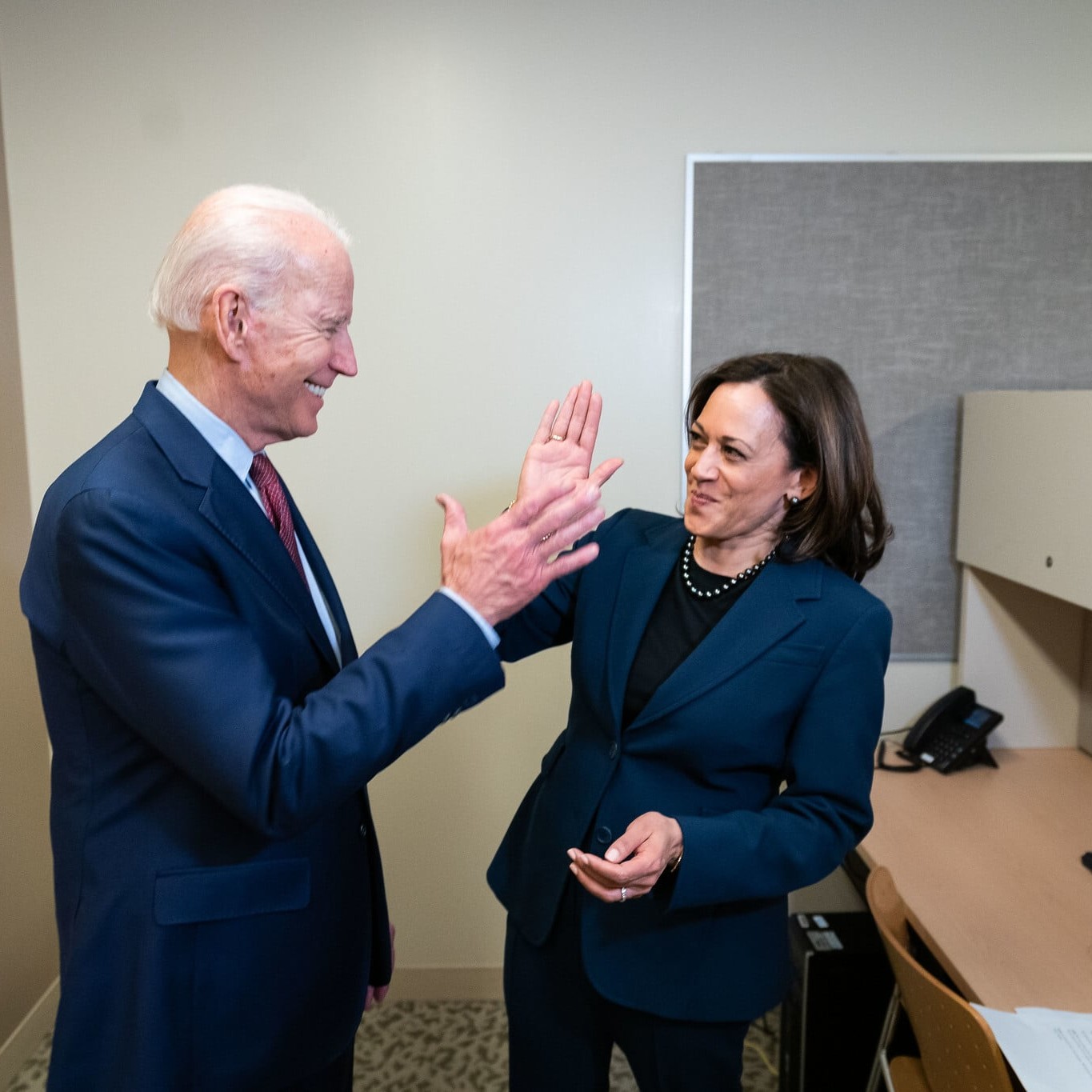It all started, as it often does these days, with a tweet from President Donald Trump: “I will be leaving Japan for South Korea (with President Moon). While there, if Chairman Kim of North Korea sees this, I would meet him at the Border/DMZ just to shake his hand and say Hello(?)!” Thirty-two hours later, Trump shook hands with the North Korean leader, Kim Jong Un, and became the first sitting American president to step into North Korea.
It wasn’t always this way.
For decades, American or South Korean officials hoping to speak with North Korean officials have faced a drawn-out, frustrating process. There are telephones, for example, on either side of the Joint Security Area between North and South Korea, but the North Koreans would rarely pick up. So when United States and South Korean officials in the area needed to send a message to North Korea, they would place a call to their counterparts even though they knew it was a lost cause, walk up to the border and kindly request to no one in particular that they answer the phone, call again without success, and then return to the border, where this time they would encounter a few North Korean soldiers with a handheld camera to record the message as it was read aloud. This happened dozens of times a year. Quite recently. “It’s very convoluted,” one UN official admitted to me as I headed to the demilitarized zone in 2018.
Now the president of the United States simply tweets at Kim (who “follows” him on Twitter, naturally) that, hey, he’s swinging through town and would love to meet up! And the next day, with the kind of spontaneity that was surely made possible by intensive staff work, the two men actually do, shaking hands in the Joint Security Area that for the past 66 years has embodied the unresolved hostilities of the Korean War.
The way things are going, Trump probably won’t be the president who finally convinces the North Koreans to give up their nuclear weapons. Pyongyang’s arsenal remains as formidable today as it was when Trump and Kim held their first summit one year ago, despite North Korea’s suspension of nuclear and long-range missile tests. But that doesn’t mean Trump has accomplished nothing. What Sunday’s meeting in the demilitarized zone highlighted is that the president has shattered the American taboo of meeting with the head of the Kim regime and established a top-level channel of communication between decades-old enemies—to the point where such a dialogue doesn’t only have ample precedent but is commonplace, even casual. For better or worse, it’s a real legacy.
Crossing the Military Demarcation Line dividing the Koreas, Trump greeted Kim at the iconic row of blue conference buildings. As they huddled at the Freedom House on the southern side of the border, Trump and Kim paid tribute to their “excellent relations” and the “historic moment.”
While Trump’s diplomatic engagement with Kim has produced many firsts and many moments, it has yet to yield any real progress on the core issue of North Korea’s nuclear-weapons program, including long-range missiles that are potentially capable of delivering nuclear warheads to the United States.
The president has conducted nuclear talks with Kim as though they were a reality-TV show, while often ignoring or distorting the grave underlying realities of the negotiations. Standing at Observation Point Ouellette along the DMZ on Sunday, he declared that “all of the danger went away” after his initial summit with Kim in Singapore, when nothing’s changed in terms of North Korea’s military capabilities. (The military tensions that threatened to devolve into another war on the Korean peninsula in 2017 have undoubtedly subsided, for now at least.)
Trump similarly stated at a press conference before his trip to the DMZ that Barack Obama was “begging for a meeting” with Kim but that the North Korean leader had refused his predecessor’s requests. When I asked Ben Rhodes, one of Obama’s top foreign-policy advisers, whether this was in fact the case, he responded, “No. Not at all. Never.”
The most substantive outcome from the quickie summit appears to bebreathing new life into working-level negotiations that had been dormant since February, when Trump and Kim’s second summit in Vietnam collapsed over disputes on how to sequence denuclearization and sanctions relief.
Redazione
La redazione di Babilon è composta da giovani giornalisti, analisti e ricercatori attenti alle dinamiche mondiali. Il nostro obiettivo è rendere più comprensibile la geopolitica a tutti i tipi di lettori.
L’evoluzione dei sanitari a terra: design moderni e materiali innovativi per una scelta sempre più popolare
23 Dic 2024
Quando si parla di design di interni e arredamento sono tantissimi i fattori che entrano in gioco. Ciascuno di noi ha…
Se le questioni di genere dettano le agende di politica estera
19 Dic 2024
Il perseguimento di politiche identitarie da parte dell'establishment della politica estera occidentale sta portando a…
Dall’origine straniera all’icona americana: il fenomeno dello sport negli Usa
14 Mar 2024
Molti sport americani sono accomunati da un aspetto particolarmente curioso: raramente sono davvero nati sul suolo…
Roulette europea, francese o americana? Ecco un approfondimento
22 Set 2023
La roulette è un classico intramontabile dei casinò, amata da milioni di appassionati in tutto il mondo. Una delle…




